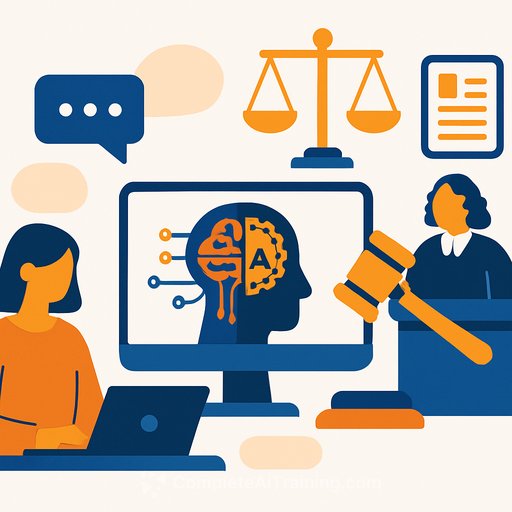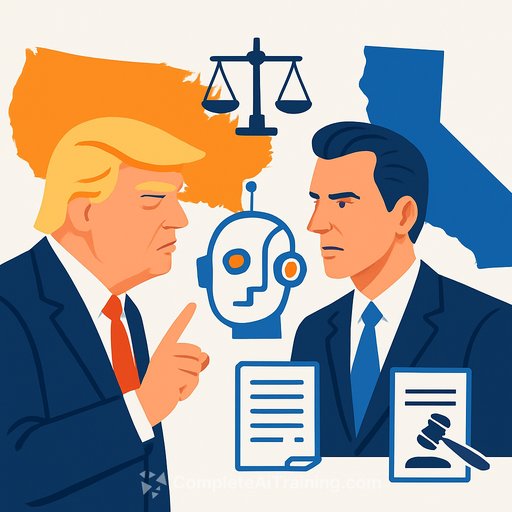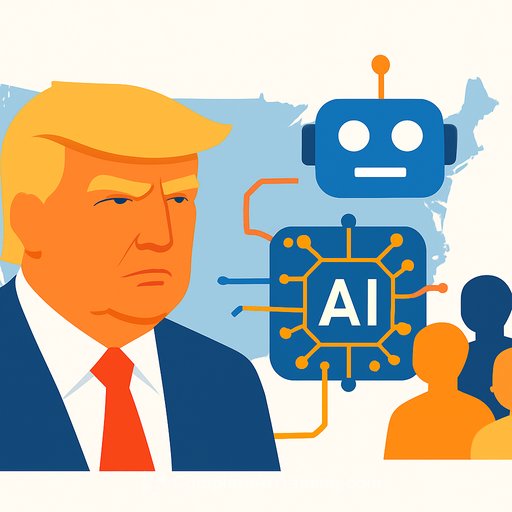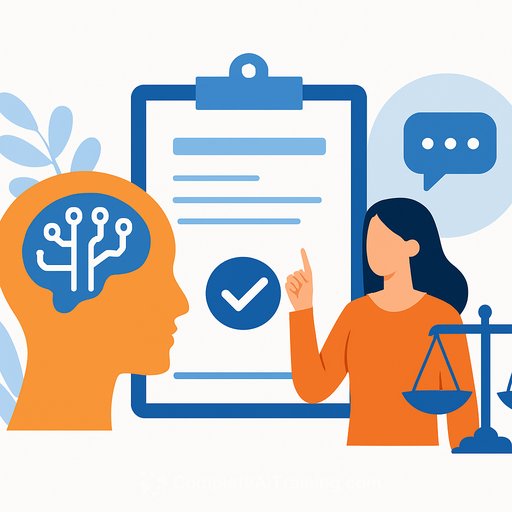Artificial Intelligence Enhances Court Proceedings, Says Judge Dr Adam Mambi
Artificial intelligence (AI) is quickly becoming essential in improving judicial decision-making and increasing access to justice. Judge Dr Adam Mambi of the Tabora Zone High Court emphasized this point during a recent training session for judges, deputy registrars, and court administrators in the Lake Zone.
He highlighted how AI supports legal research, streamlines court workflows, and helps reduce case backlogs. According to Dr Mambi, AI tools enable judges and legal officers to deliver timely and well-reasoned judgments, making them a necessary part of the modern courtroom.
Practical AI Tools in Use
Judge Mambi pointed to examples like Quillbot, which assists in summarizing legal texts and reviewing judgments for grammatical accuracy. This tool can also scan documents to catch minor errors, saving valuable time for legal professionals.
Institutions such as land tribunals and the Commission for Mediation and Arbitration (CMA) are already adopting AI to aid decision-making and manage caseloads more efficiently. AI helps identify delays in cases and guides courts toward faster resolutions.
Benefits and Cautions
- AI can analyze contracts to spot loopholes and predict case outcomes, providing insights that benefit courts, government entities, and private lawyers.
- The Judiciary has made progress in digital transformation, including the use of transcription and translation systems that record witness testimony in real time.
- Legal stakeholders are encouraged to budget for AI tools to make justice more affordable and accessible.
However, Judge Mambi warned against over-reliance on AI. Since AI operates based on the data it receives, judges and magistrates must verify and take full responsibility for their decisions.
Data Protection and Cybersecurity
Protecting client confidentiality remains critical, especially in sensitive cases involving family, inheritance, or juveniles. Courts and legal professionals must handle personal data with the highest level of security.
While AI can aid in crime detection and the use of electronic evidence, it also introduces cybersecurity risks. The potential for AI to be exploited for cybercrime means caution is necessary when integrating these technologies.
Training to Adapt to Change
The training session was organized by the Occupational Safety and Health Authority (OSHA) in collaboration with the High Court’s labour division. Its goal was to prepare legal professionals for changes in the workplace and ensure safe, productive environments in the justice sector.
For legal professionals interested in expanding their AI knowledge and skills, exploring specialized AI courses can provide practical guidance on integrating these tools effectively. Visit Complete AI Training to find courses suited to legal practitioners looking to leverage AI in their work.
Your membership also unlocks:






